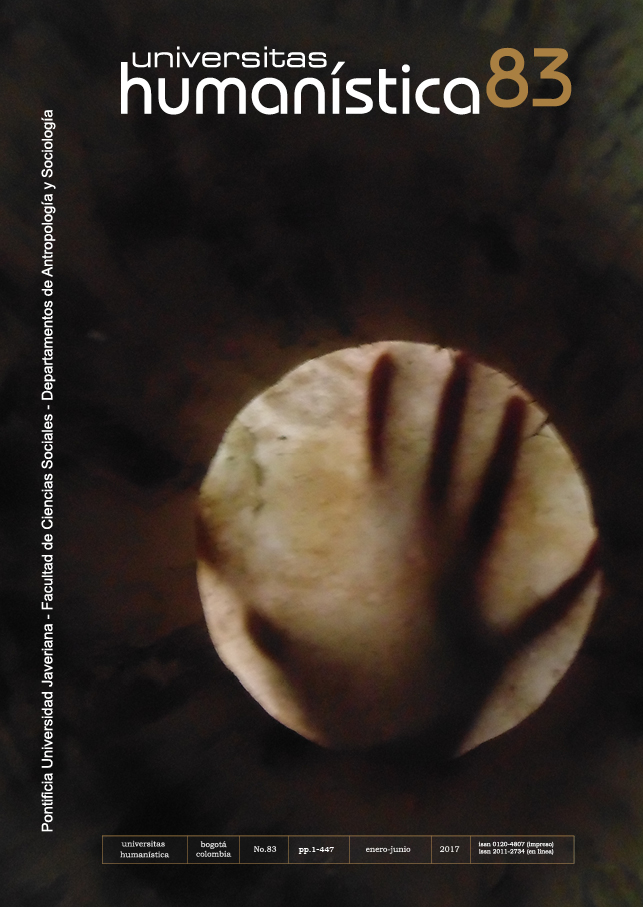Resumen
Se presenta un análisis complementario de dos fuentes de información: entrevistas focalizadas y selección de objetos ―pintura, imagen, palabra, frase, foto, etc.―. Ambas técnicas pretendieron comprender, desde una perspectiva cualitativa, el proceso de tesis de egresados de dos facultades de la Universidad Autónoma de Entre Ríos (UADER). A partir de las entrevistas, se construyeron trayectorias grupales de tesis, en tanto que los objetos elegidos fueron interpretados como metáforas de los procesos. Dichas fuentes discursivas y metafóricas se convierten en dos caminos diferentes, pero complementarios, cuya confluencia enriquece y completa la comprensión. Los hallazgos presentados dan cuenta de: una mayor variabilidad comprensiva por parte del análisis de metáforas; el otorgamiento de un plus de sentido de las metáforas sobre el relato de la experiencia; la validación de los hallazgos generales en función de ambas fuentes; y la profundización en la comprensión de procesos complejos, como es la realización de una tesis.

La revista Universitas Humanística se encuentra registrada bajo la licencia Creative Commons Reconocimiento 4.0 Internacional. Por lo tanto, esta obra se puede reproducir, distribuir y comunicar públicamente en formato digital, siempre que se reconozca el nombre de los autores y a la Pontificia Universidad Javeriana. Se permite citar, adaptar, transformar, autoarchivar, republicar y crear a partir del material, para cualquier finalidad (incluso comercial), siempre que se reconozca adecuadamente la autoría, se proporcione un enlace a la obra original y se indique si se han realizado cambios. La Pontificia Universidad Javeriana no retiene los derechos sobre las obras publicadas y los contenidos son responsabilidad exclusiva de los autores, quienes conservan sus derechos morales, intelectuales, de privacidad y publicidad.
El aval sobre la intervención de la obra (revisión, corrección de estilo, traducción, diagramación) y su posterior divulgación se otorga mediante una licencia de uso y no a través de una cesión de derechos, lo que representa que la revista y la Pontificia Universidad Javeriana se eximen de cualquier responsabilidad que se pueda derivar de una mala práctica ética por parte de los autores. En consecuencia de la protección brindada por la licencia de uso, la revista no se encuentra en la obligación de publicar retractaciones o modificar la información ya publicada, a no ser que la errata surja del proceso de gestión editorial. La publicación de contenidos en esta revista no representa regalías para los contribuyentes.


